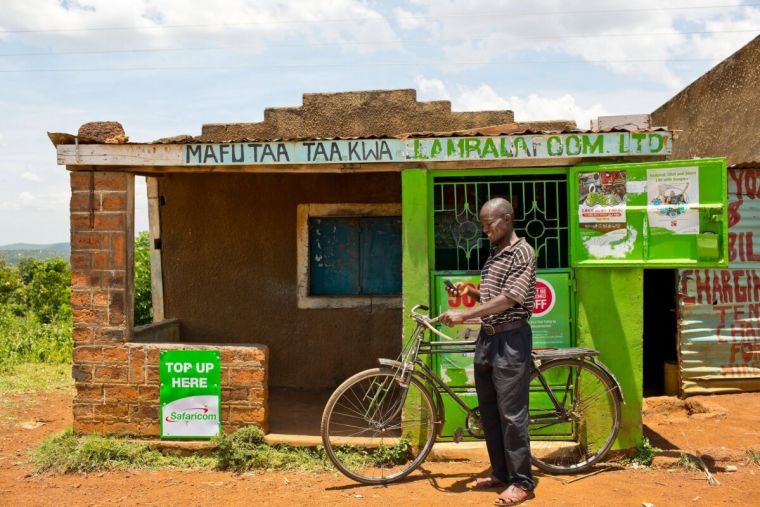Charity group grants poor families $1,000 cash aid with no strings attached

A charity organization that gives poor people money equivalent to a year's income via mobile banking is on the forefront of a revolution in global aid, handing out $1,000 to each of the selected families in Kenya and Uganda with no strings attached.
GiveDirectly, a not so broadly known organization championed by two of Facebook's co-founders, has given about $15 million cash aid to communities in the two African countries, enabling the recipients to raise their earnings by 34 percent and their assets by 52 percent, The Huffington Post reported on Thursday.
The recipients used the money to acquire livestock and get household upgrades while depositing the rest as their savings in a bank. The cash recipients invested more on education, health, food, and social goods and activities, a GiveDirectly report said.
Among the beneficiaries, those who went to bed hungry decreased by 36 percent, while the number of days children lived without food went down by 42 percent, the report said.
No increase in alcohol and tobacco expenditures was observed.
The money gathered by GiveDirectly, founded by four graduate students at MIT and Harvard, is transferred to poor households without requirements, unlike government-run cash programs that require families to comply with a list of actions, such as getting a vaccine, before receiving cash. The cash the households receive mostly goes to food, shelter, health and education.
"We have seen it all," GiveDirectly co-founder Paul Niehaus said. "If there's anything we've learned from doing this, it's that everybody has very unique needs."
"Sometimes things don't work out – the money goes to a failed investment, a business that doesn't succeed," Niehaus said.
"We had one guy who bought musical instruments and started a band and released an album," he added. "Anything you can imagine in this incredible richness and diversity of human life," he said.
Aid recipients obtain the cash by first getting an SMS alert about the money, receiving it later from a mobile money agent.
By transferring the money electronically, costs are kept low and opportunities for corruption are minimized, the report said.
After some independent review, it was found that about 90 cents of each dollar donated gets directly into the hands of beneficiaries.
Accountability is not yet a benchmark in the charity world as few aid organizations even try to check if their programs are effective.
It is also rare for non-profit groups to subject their programs to expensive and time-consuming randomized controlled trials, which pharmaceutical companies utilize to test drugs.
GiveDirectly is an exception. In 2013, it announced that it underwent such test even before the data was in.
The organization also keeps donors informed with hard data. All GiveDirectly's field work is digitally time-stamped and geolocated. Activities of their staff at work can be verified while directors monitor live data stream as field workers enroll new beneficiaries door-to-door.
"In the same way you would track a package that's sent through FedEx, you'll be able to track your donation from when it goes to Kenya, when we identify the person, when we back-check the person, when the money hits their bank, all of it," said Michael Faye, another GiveDirectly co-founder.











